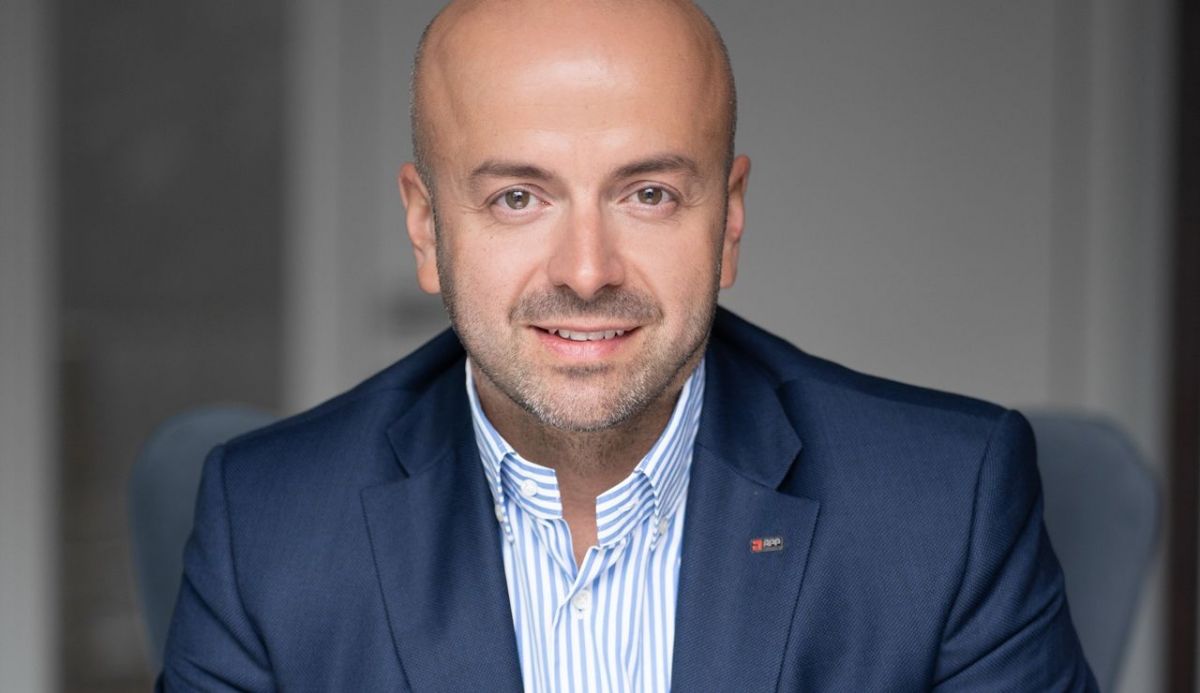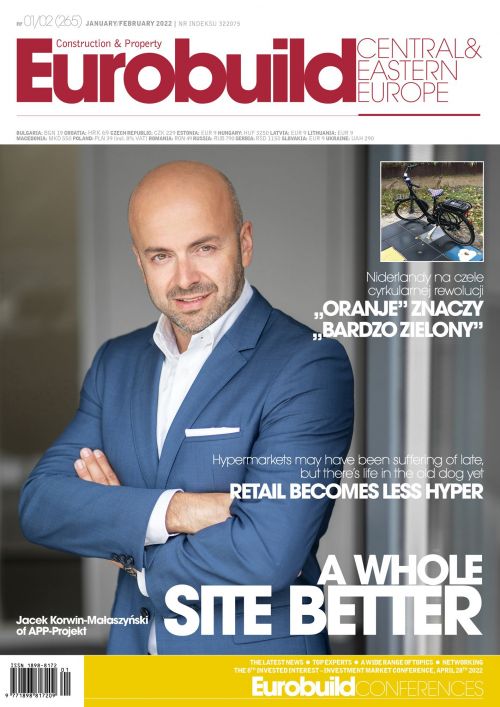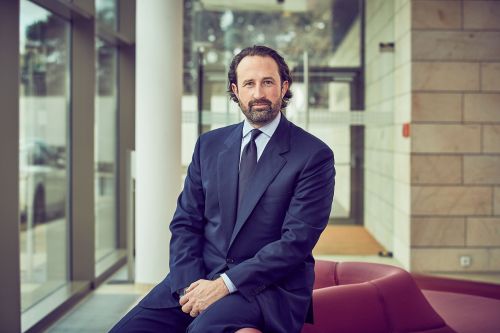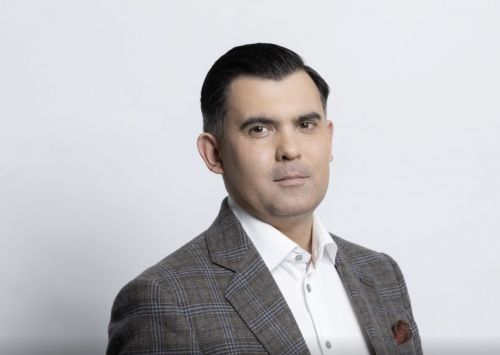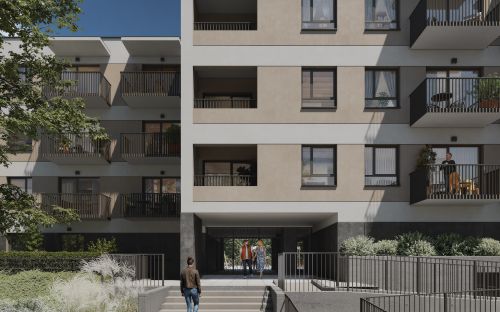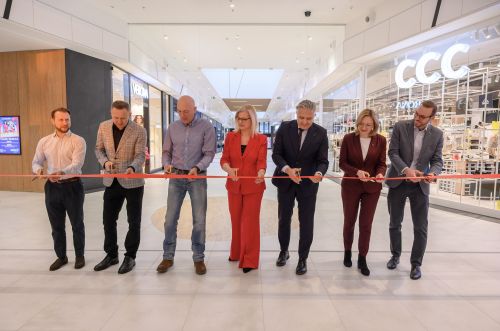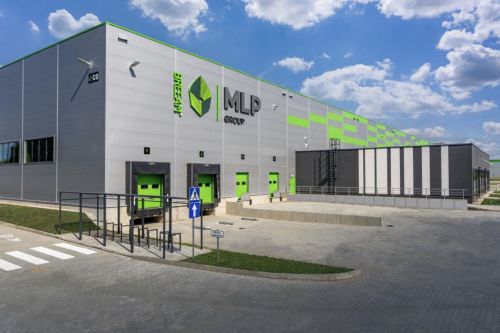Chill-out zones with foosball tables, nap rooms and fitness centres are now common sights in the office world, but they’re virtually unheard of in the containers that serve as offices on many building sites. The main attraction of such work – and sometimes the only one – is the pay. “When it comes to job interviews in this sector, the subject of well-being is almost never broached. Candidates don’t ask about it and employers have little to boast about it either. Thus well-being as a concept in this sector is of little importance during recruitment and doesn’t play a significant role in employee retention,” admits Wioleta Tyszko, a consultant for real estate and construction at recruitment firm Hays in Poland.
Safer is sounder
As she goes on to explain, the most important aspect of well-being on a building site is how safe it is. This is the main way that construction companies, as well as developers, look after their workers and are prepar
